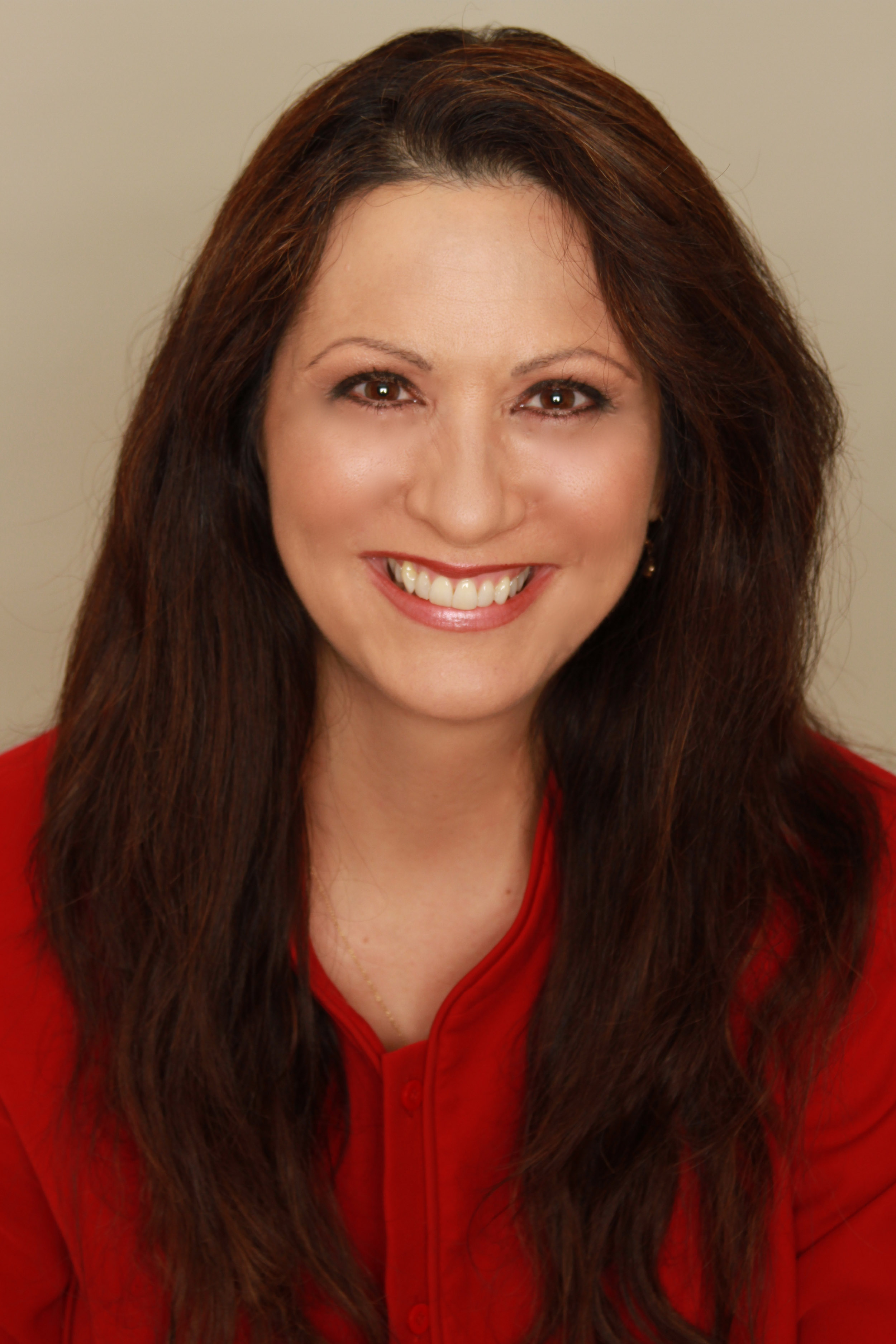Dr. Ryan is board certified as a family nurse practitioner with a specialty in emergency medicine and has a vast portfolio in hospital leadership, including tertiary, community, for-profit, nonprofit and rural settings. Under Dr. Ryan’s leadership, Cottage Hospital has received numerous accolades for quality, efficiency, innovation and low cost. Most recently, Dr. Ryan was selected as a recipient of the New Hampshire Business Review‘s Outstanding Women in Business Award 2017. She holds a doctorate in healthcare administration and a master’s degree in nursing.
On Monday, April 17, 2017, Dr. Ryan will speak on panels at the Becker’s Hospital Review 8th Annual Meeting. As part of an ongoing series, Becker’s is talking to healthcare leaders who plan to speak at the conference, which will take place April 17 through April 20 in Chicago.
To learn more about the conference and Dr. Ryan’s session, click here.
Question: One of the panels you’re speaking on at our April conference is titled “Key Strategies and Issues for Rural Hospitals.” Could you disclose a few of the strategies and issues you’re seeing?
Dr. Maria Ryan: In general, the rural economy is unique in its composition compared to urban areas. The aging community is greater and transportation is an issue. New Hampshire is fortunate to have a low unemployment rate, but it can create a barrier for specialized recruitment.
As an acute care facility, with a critical access hospital designation, we have additional regulations outside the urban hospital. One such rule, the 96 hour certification rule, is incongruous. Essentially, the average length of stay should equal four days or you should consider transferring the patient. This puts an unnecessary burden on a tertiary care hospital to take patients that should remain at a community hospital. Cottage Hospital has the only designated trauma center for adults and pediatrics in the North Country of New Hampshire and we are not going to transfer patients because of a rule. We will transfer patients when there is a clinical need for a service we do not provide or a higher level of care.
We live by our value of Excellence. Our nurses all have advanced certifications and our providers are of the highest caliber. They are attracted to Cottage because if they want to try something that will benefit a patient, they are not sidelined by bureaucracy. Plus, New Hampshire does not have a state or sales tax and the mountains, lakes and rivers are gorgeous!
Q: What was Cottage Hospital’s biggest accomplishment in 2016?
MR: Cottage Hospital continues to grow year after year. We are proud to be job creators. Specifically in 2016, we opened a voluntary adult acute behavioral health unit named Ray of Hope, after a great executive councilor in our state, Ray Burton (R). It’s geared toward older adults struggling with depression, Parkinson’s disease and other neurological and behavioral disorders.
Based on our unique location, we are able to serve multiple states in the Northeast and Mid-Atlantic as well as parts of Canada. Since opening Ray of Hope on Oct. 1, 2016, we have been able to transition dozens of patients back to an independent lifestyle.
Our Center of Orthopedic Excellence is another regional referral center. Our physicians all have advanced fellowships and our outcomes are phenomenal. Employers enjoy contracting directly with the hospital because their employees get high-touch, high-quality care at a lower price. We are gearing up to be a medical tourism destination for total knees and total hips.
Q: What’s the most significant barrier to female leadership?
MR: All effective leaders, regardless of their gender, need to develop a sense of purpose. A high-level leader is one who is strategic and can make tough decisions for the betterment of the whole. According to Harvard research, women need more education to be seen as successful leaders. I take a small degree of offense to that. What women need is opportunity. Women do not need special or different education than men.
In a sense, women can be barriers to their own advancement. Women must be aggressive in putting themselves out there to be seen and to be heard. If your present company does not see your value, find one that does. Be willing to be agile and take risks.
Q: Which women inspire you and why?
MR: The first is Mother Teresa. She received the call of God at age 12 and by age 18, she set out to help the poor. She set up a whole order that’s still in effect today. She’s an unbelievably selfless woman, and I hope I’m one-eighth of the person she was.
I know several outstanding women in New Hampshire, such as Dianne Mercier, president of People’s United Bank, and former Senator Jeanie Forrester (R), who inspire me every day by putting themselves out there to improve their communities.
